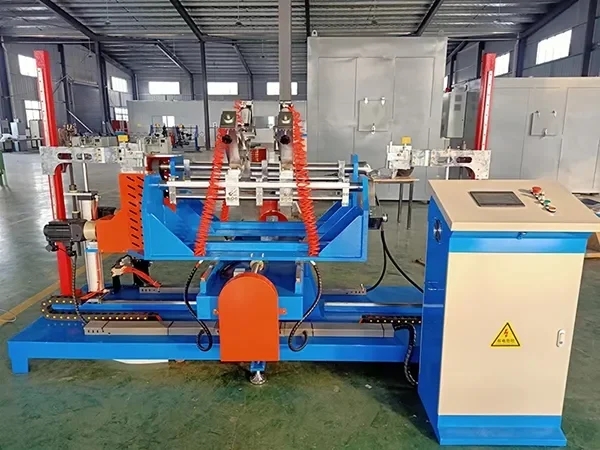
Sustainable development is a concept that has gained significant attention in recent years, as societies strive to find a balance between economic growth, social progress, and environmental protection. In this blog post, we will explore the three core elements of sustainable development and delve into their importance in creating a better and more sustainable future for all.
- Economic Sustainability:
Economic sustainability is the foundation of sustainable development. It focuses on fostering economic growth while ensuring long-term stability and resilience. This involves promoting inclusive and equitable economic opportunities, reducing poverty and inequality, and encouraging responsible consumption and production practices. By adopting sustainable business models and investing in renewable energy sources, societies can achieve economic prosperity without compromising the well-being of future generations. - Social Sustainability:
Social sustainability emphasizes the well-being and quality of life for all individuals within a society. It encompasses aspects such as access to education, healthcare, and basic human rights, as well as promoting social cohesion and inclusivity. By addressing social inequalities, fostering diversity, and ensuring equal opportunities for all, societies can create a more just and equitable future. Additionally, empowering marginalized communities and promoting gender equality are crucial components of social sustainability. - Environmental Sustainability:
Environmental sustainability focuses on preserving and protecting the natural environment for present and future generations. It involves reducing carbon emissions, conserving natural resources, and promoting biodiversity and ecosystem resilience. Adopting sustainable practices such as recycling, using renewable energy sources, and implementing green infrastructure can help mitigate the negative impacts of human activities on the environment. By prioritizing environmental sustainability, societies can ensure a healthy planet for future generations to thrive.
Conclusion:
The three core elements of sustainable development - economic, social, and environmental sustainability - are interconnected and mutually reinforcing. Achieving sustainable development requires a comprehensive approach that considers the long-term implications of our actions on the economy, society, and the environment. By embracing these pillars, societies can create a more resilient, inclusive, and environmentally conscious future. Let us work together to build a sustainable world that meets the needs of the present without compromising the ability of future generations to meet their own needs.






